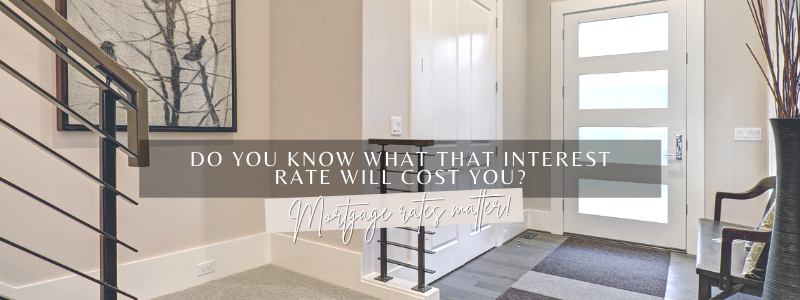
Common Mistakes to Avoid When Selling a Home
Selling a home is no simple task. It requires planning, strategizing, and a bit of market understanding to get the best deal. But even the most seasoned home sellers can occasionally trip up. So, to help you navigate the process with ease, here’s a list of common mistakes to avoid when selling your home.
1. Overpricing Your Home: Pricing your home correctly is a delicate balancing act. Sellers often inflate their property’s price due to emotional attachment or simply overestimating its value. However, an overpriced home could scare off potential buyers and languish on the market. To avoid this, conduct a thorough comparative market analysis (CMA) or hire a professional appraiser. Set a competitive, realistic price to attract the right buyers.
2. Neglecting Repairs: Before listing your property, make sure it’s in prime condition. Small defects like a leaking faucet, damaged flooring, or faulty appliances can deter buyers. It’s a common mistake to assume buyers will overlook these issues. Instead, invest in necessary repairs and consider a professional home inspection to reveal any hidden problems.
3. Failing to Stage the Home: Your home should be a blank canvas that allows potential buyers to envision themselves living in it. Clutter, personal mementos, and over-the-top décor can be distracting. Neglecting to properly stage your home may make it appear smaller or poorly maintained. So declutter, depersonalize, and neutralize your décor. This could involve hiring a professional stager to enhance your home’s appeal.
4. Not Investing in Professional Photography: In our digital age, first impressions are often made online. Yet, many sellers underestimate the power of quality photos. Blurry, poorly lit, or unflattering pictures can instantly turn off potential buyers. Investing in professional photography can dramatically improve your home’s online listing and draw more prospective buyers.
5. Trying to Sell a Vacant Home: A vacant home can feel cold and uninviting. Furniture helps to define spaces and offers a sense of scale, making it easier for buyers to imagine themselves in the home. If you’ve already moved out, consider virtual or physical staging to help your property feel lived-in and welcoming.
6. Ignoring the Market: It’s essential to understand your local real estate market. Is it a buyer’s market or a seller’s market? What types of homes are selling quickly, and at what price? Ignoring these factors can lead to unrealistic expectations and strategies that don’t resonate with buyers. Work with a real estate agent who can help you navigate market trends and set a competitive price.
7. Going It Alone: Selling a home is a complex process that involves legalities, negotiations, and a lot of paperwork. It’s a common mistake to try to sell your home independently to save on commission. However, without the expertise and resources of a real estate agent, sellers can make costly mistakes. An experienced agent can help you price your home, market it effectively, and negotiate a higher selling price.
Selling a home is a significant financial transaction that requires careful planning and execution. By avoiding these common mistakes, you can ensure a smoother, more successful home sale. Remember, preparation and knowledge are your best allies in the home selling journey. And, don’t hesitate to seek professional guidance to navigate through this complex process.

